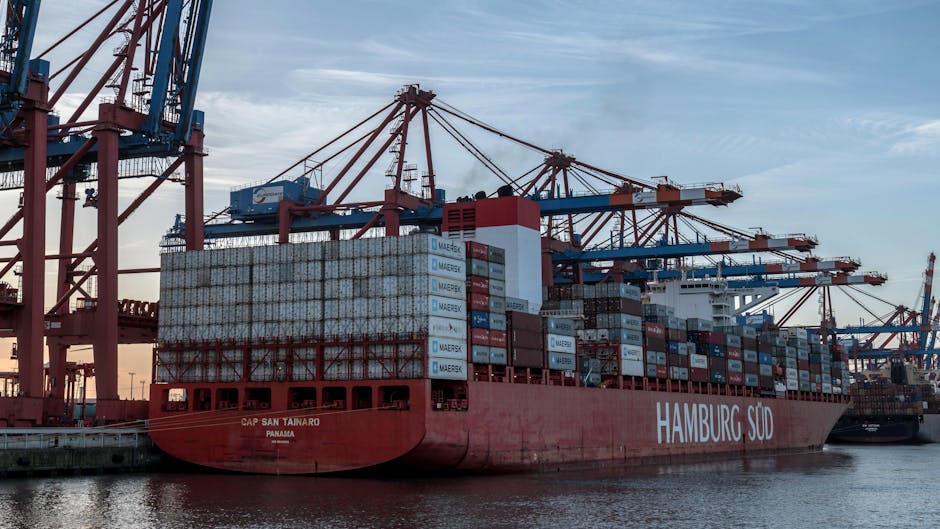[Disclaimer] This article is reconstructed based on information from external sources. Please verify the original source before referring to this content.
Neeews Summary
The following content was published online. A translated summary is presented below. See the source for details.
The BlackRock acquisition of a majority stake in the Panama Ports Company is a significant move that addresses some of the U.S.’s strategic concerns regarding Chinese influence in the Panama Canal. While this deal reduces the presence of a Hong Kong-based company and strengthens the U.S. position in the region, experts caution that China may still have other avenues to exert its influence in Panama and the broader Americas. Nonetheless, this acquisition is part of the ongoing geopolitical and economic competition between the U.S. and China, as both countries seek to maintain and expand their influence in this strategically important region.
Source: VOA Americas
Our Commentary
Background and Context
The Panama Canal has long been a strategic asset for global trade and regional influence, with the U.S. historically maintaining a strong presence in the region. The news of BlackRock’s acquisition of a majority stake in the Panama Ports Company must be understood within the broader context of the geopolitical and economic rivalry between the United States and China. The potential for Chinese influence to grow in the Panama Canal area has been a source of concern for American policymakers.
Expert Analysis
According to regional experts, the BlackRock deal is a strategic play to maintain U.S. influence in the Panama Canal. Dr. Maria Fernanda Boidi, a professor of international relations at the University of Panama, states that “The Panama Ports Company is a vital piece of infrastructure, and by securing a majority stake, BlackRock is ensuring that a U.S. firm has a controlling interest in this asset.” However, Dr. Juan Carlos Hidalgo, a policy analyst at the Cato Institute, cautions that this move may not entirely eliminate the potential for Chinese influence in the region, as “China still has other avenues to exert its influence in Panama and the broader region.”
Additional Data and Fact Reinforcement
The BlackRock acquisition reduces the influence of the Hong Kong-based CK Hutchison, which was seen as potentially aligning with Chinese interests in the region. This acquisition is part of the broader effort by the U.S. to counter China’s growing presence in the Americas, as both countries compete for influence over critical infrastructure and trade routes.
Related News
This news comes on the heels of other developments in the U.S.-China rivalry in the Americas. In recent years, the U.S. has taken steps to counter Chinese influence, such as the Trump administration’s efforts to limit Chinese investment in Latin American countries. Additionally, the Biden administration has emphasized the importance of strengthening partnerships with allies in the region to counter China’s growing presence.
Summary
The BlackRock acquisition of a majority stake in the Panama Ports Company is a significant move that addresses some of the U.S.’s strategic concerns regarding Chinese influence in the Panama Canal. While this deal reduces the presence of a Hong Kong-based company and strengthens the U.S. position in the region, experts caution that China may still have other avenues to exert its influence. Nonetheless, this acquisition is part of the ongoing geopolitical and economic competition between the U.S. and China, as both countries seek to maintain and expand their influence in this strategically important region.


